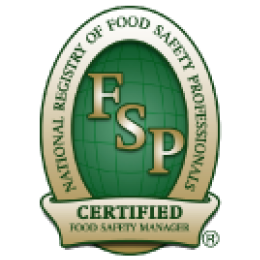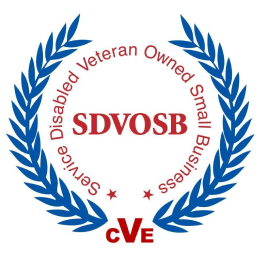Imagine grabbing your favorite deli meat for a quick sandwich only to later hear it’s been recalled due to a dangerous bacteria outbreak. That’s exactly what happened recently with a nationwide Listeria outbreak tied to ready-to-eat (RTE) meats.
What Happened?
In early 2024, the U.S. Centers for Disease Control and Prevention (CDC) reported a multi-state outbreak of Listeria monocytogenes linked to packaged deli meats, including ham, turkey, and salami. More than 30 people were hospitalized, and sadly, 4 deaths were confirmed across 11 states, with the highest impact seen in New York, Maryland, and Illinois.
These meats were sold in major grocery chains, and what made the situation more dangerous was that many of these products were labeled "ready-to-eat," meaning consumers didn’t expect they needed further cooking or heating.
What is Listeria, Anyway?
Listeria monocytogenes is a bacteria that causes listeriosis, a serious infection most dangerous to pregnant women, newborns, older adults, and those with weakened immune systems. Unlike many bacteria, Listeria can grow in cold temperatures, even inside your refrigerator!
Symptoms of listeriosis can include: Fever, Muscle ache, Nausea or diarrhea and confusion or loss of balance in severe cases
And what makes it especially alarming is its long incubation period—it can take up to 70 days after exposure for symptoms to appear.
Why Ready-to-Eat Meats?
RTE meats go through processing steps to make them safe, but if post-processing contamination happens (like slicing on shared equipment or improper handling), bacteria like Listeria can sneak in.

The 2024 outbreak investigation found unsanitary food contact surfaces and poor temperature control at a major processing facility that distributed nationwide. These errors allowed Listeria to multiply and reach grocery shelves.
What Can Businesses Learn From This?
This outbreak is a harsh reminder that food safety isn’t optional. A single contamination issue can: risk lives, trigger expensive recalls, damage brand trust and invite regulatory scrutiny
Having strong procedures in place for sanitation, temperature control, and employee hygiene is critical—but only when everyone understands them and follows them.
What You Can Do
If you’re in the food business, here are a few steps to protect your customers and your brand: Train staff on cross-contamination prevention, Maintain strict cleaning and sanitizing routines, Monitor and document cold storage temperatures, Review your HACCP plan regularly
Most importantly: educate your team.
At The Food Court by DSG, we’re on a mission to make food safety approachable, practical, and effective.
Our Food Safety Mastery Course is designed for restaurant owners, food handlers, and foodpreneurs who want to take the guesswork out of compliance and create a culture of safety in the kitchen.





